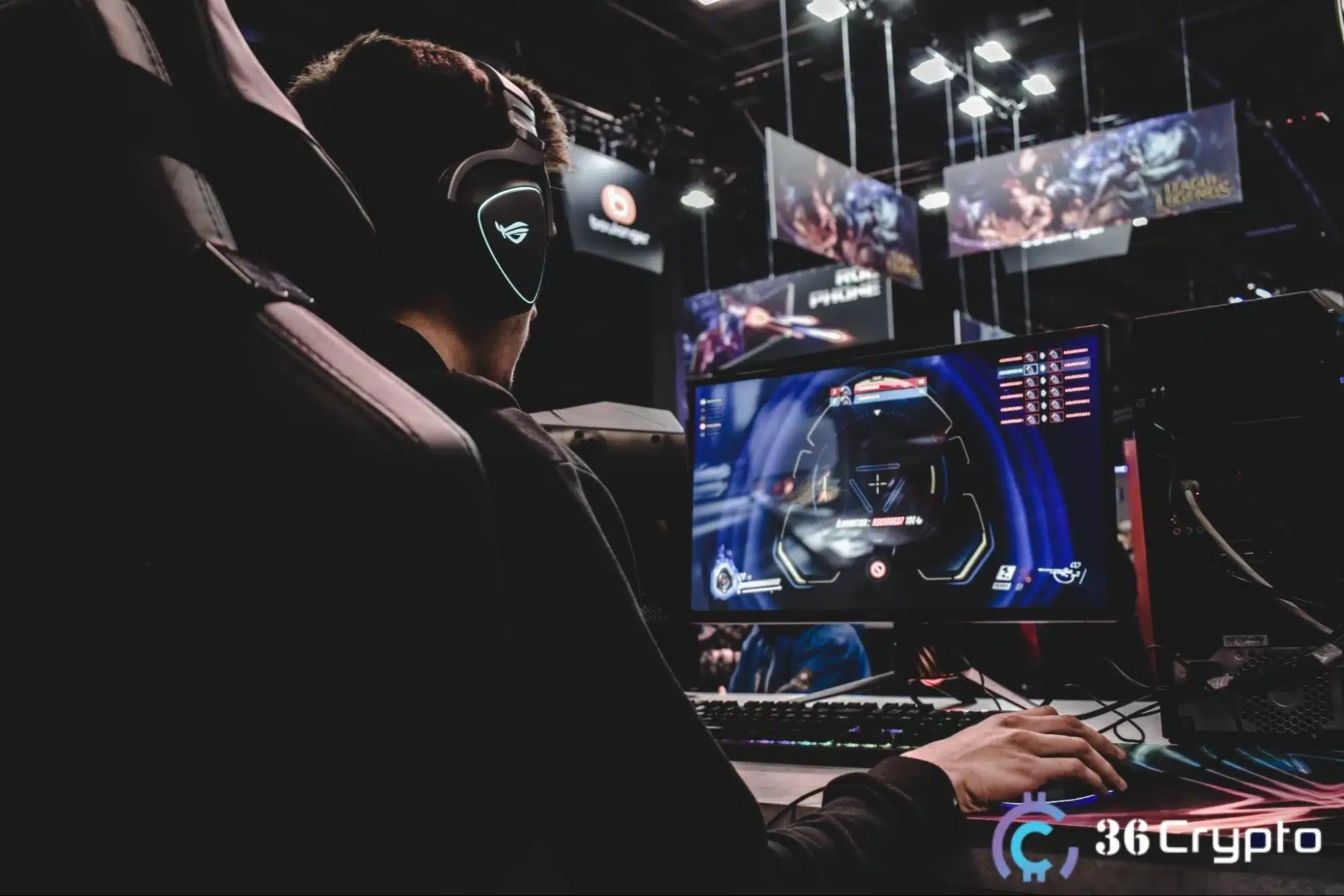Blockchain gaming is an obscure realm for the majority of enthusiasts. Alongside NFT, it is the case in point of the novelty which becomes the victim of its success. Too many emerged, too many were promoted, and too many turned out to be by and large unsuccessful.
Nevertheless, the solid community of this crypto vector is still contributing to lifesaving blockchain gaming, albeit in relatively low volume compared to other areas of the industry. Why did blockchain gaming not find its constant popularity, and which factors are driving it to its dusk? Let’s find out!
Choosing the Perspective
Before going deeper into the topics of blockchain gaming, it is essential to define, which idea the industry carries, and for which values it commits.
Simply put, whether to regard crypto gaming as a blockchain-based novelty, then this sphere is a powerhouse of quite cutting-edge solutions. Accordingly, it is worth pointing out that blockchain gaming is a part and parcel of the metaverse concept, and vice versa. The sphere enriched the decentralized industry with absolutely pioneering solutions of embedding the content on the distributed chain and shaping it into the consolidated digital universe. That certainly advanced the blockchain industry’s technological basis and provided for new upscale projects to emerge.
However, the literal “gaming” aspect of blockchain gaming is frankly dubious. From the point of gameplay and design, these “games” have almost nothing in common with the entertainment genre and can be characterized by the poor elaboration of these aspects.
Namely, the most popular blockchain game (according to DappRadar) Alien Worlds is a tiring grind, and Axie Infinity is confined to coining the utterly simplified and archaic gameplay ideas, which does not give credit to it. Blockchain gaming is simply an entertaining implication of the chain establishment and project development, which, alas, can not offer the competitive quality of the play features.
Related Reading: Why is Blockchain Technology Important? The Essential Guide
Ultimately, web3 gaming is a controversial sphere, whose lack of success originates from the discrepancy in the crucial half of its nature – game design. Still, the technological foundation which is laid by the sphere can not be underestimated, and with the proper approach and rising popularity, it can be utilized to evolve blockchain gaming. Could this perspective potentially take place?
Ubisoft, Sega, and Oasys – Will They Advance the Blockchain Gaming?
The silver lining in blockchain gaming was set up by Oasys – the chain specifically for the type of industry we are now focused on. The promising potential it radiates spurred such major longstanding in game development as Ubisoft and SEGA to take up other attempts to create blockchain-based projects: Champions Tactics: Grimoria Chronicles, and Battle of Three Kingdoms respectively.
In fact, the promising outcome of these projects is compelling, as Ubisoft and SEGA are the first AAA game studios to invest in the blockchain gaming industry. There is a chance that the typical issues, which followed web3 games, could be leveled with a proper approach to prioritizing gameplay, but not the blockchain mechanics. The Oasys-based game projects may not become the magic pill for the industry, but they will certainly advance the realm and bring the new dawn of web3 games closer.
Alternative Scenario for Blockchain and Gaming
As has been pointed out above, blockchain gaming’s crucial mistake is shifting the focus towards integrating web3 technicalities and neglecting the attributes of game design. The difficulty of building a comprehensively decent project is truly immense, hence the ideal option remains integrating the blockchain novelties into the marketing campaigns and remarkable collaborations, with the prospects of integrating web3 technologies into gaming.
Notably, the crypto entities are fond of voicing their promotion to the different spheres, and gaming seems a really tangible sphere for the industry. As a case in point, it would be sound to mention WhiteBIT exchange and their white.market – a marketplace for in-game items for CS:GO. Besides, they take part in collaboration with esports organizations (i.e. Dreamhack, FACEIT), which is a great example of community exchange – as a matter of fact, both can express similar user habits and are open to Internet-based technologies.
Conversely, there is a point that can ultimately dot the i’s and cross the t’s on whether blockchain gaming is a relevant vector – is it more needed by gamers and game developers, or blockchain enthusiasts? Undoubtedly, the answer seems pretty controversial, yet the benefit evidently vacillates towards game developers, as there is much more that they can offer to the web3 industry the blockchain realm can offer to game development.
Indeed, decentralization is a highly-demanded technology, but the gaming industry is not in the urge to implement it. Consequently, the bright future for the blockchain gaming industry is not tangible – yet it will certainly come.
